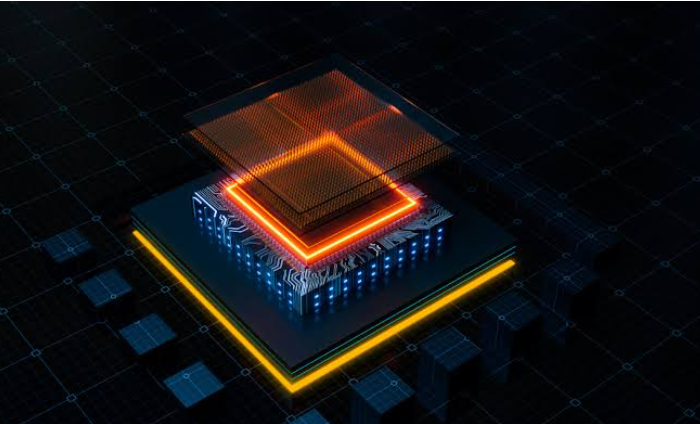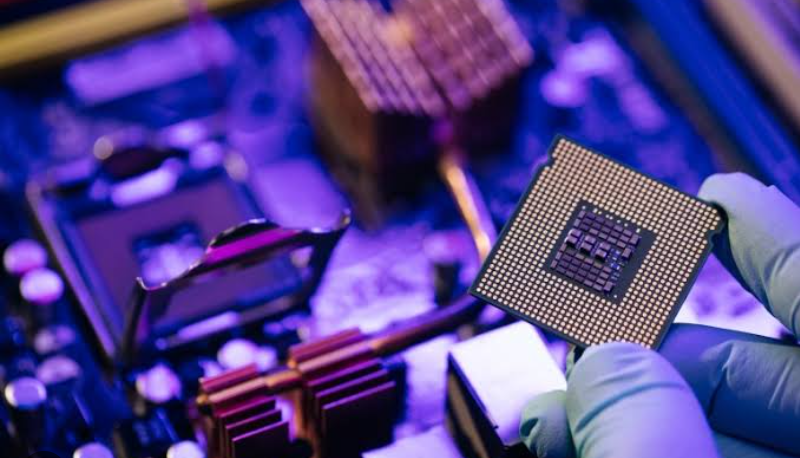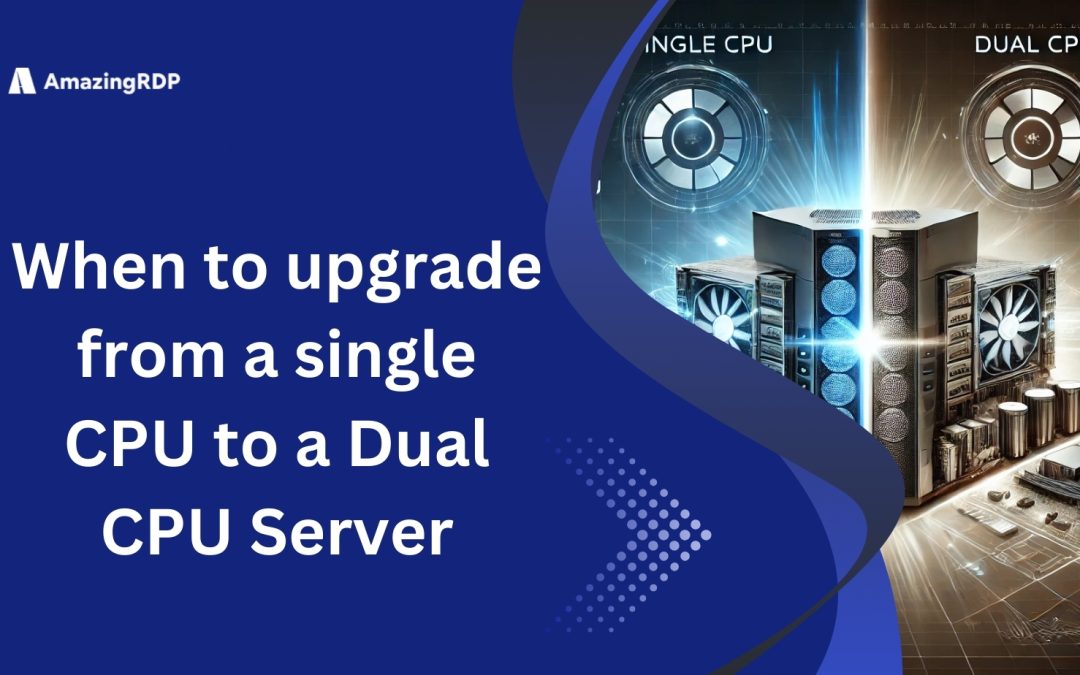When to Upgrade from a Single CPU to a Dual CPU Server
In today’s rapidly advancing technological world, the need for high-performance and efficient server configurations is constantly on the rise. When it comes to selecting the perfect server setup, one critical decision revolves around the number of central processing units (CPUs) – the server’s brain – that are installed.
The choice between a single CPU Server and a dual CPU server carries substantial implications for performance, scalability, and cost-effectiveness.
In order to stay ahead in this competitive landscape, it is imperative to invest in a server setup that can handle the demands of modern computing.
A single CPU server may seem like a cost-effective option initially, but it may not be able to keep up with the increasing workload and demands of your business. On the other hand, a dual offers the power and efficiency required to tackle even the most resource-intensive tasks.
Performance is a key factor when it comes to server configurations. With a single CPU server, you may experience bottlenecks and limitations that can hinder your operations.
On the contrary, a dual CPU provides the necessary processing power to handle multiple tasks simultaneously, ensuring smooth and uninterrupted performance. This means faster data processing, quicker response times, and improved overall efficiency.

Central Processing Unit Server
To make the best choice between a single CPU server and a dual CPU server, it’s crucial to have a clear understanding of what CPU servers are and how they function in the world of computing.
CPU servers, also called central processing unit servers, are the foundation of any computing system. They’re responsible for carrying out instructions, handling data, and overseeing the overall operations of a system. The CPU, which is often referred to as the “brain” of the server, performs calculations, manages data flow, and coordinates tasks between different components.
We understand that choosing the right server can be overwhelming, but having a solid grasp of CPU servers and their role in computing can help you make an informed decision.
Single Central Processing Unit vs Dual Central Processing Unit Server
A single CPU is equipped with a single processor, whereas a dual CPU houses two processors. The processor, or CPU, consists of multiple cores that can handle multiple tasks simultaneously. Each core can execute its own set of instructions independently, allowing for parallel processing and improved performance.
The choice between a single CPU server vs a dual CPU server depends on several factors, including the intended use, workload requirements, and budget constraints. Single CPU servers are typically suitable for small-scale applications or environments with lighter workloads.
They offer cost-effectiveness, power efficiency, and simplicity in management. On the other hand, dual CPU servers are geared towards resource-intensive tasks, large-scale enterprise applications, and scenarios where high processing power and multitasking capabilities are required.
Understanding the capabilities and limitations of CPU servers is crucial in determining the optimal configuration for your specific needs. In the following sections, we will delve deeper into the performance comparison, scalability, and cost considerations associated with single CPU servers and dual CPU servers, helping you make an informed choice for your server infrastructure.
Processing Power:
When it comes to comparing Single CPU and Dual CPU, processing power is a game-changer.
The number of CPUs directly affects a server’s ability to handle tasks efficiently. So, let’s dive into the exciting world of processing power and explore the differences between these two server configurations.
Imagine a Single CPU Server as a lone warrior equipped with a single processor. It can handle most tasks with ease, but when faced with complex computations and resource-intensive applications, it may struggle to keep up.
The processing power of a Single CPU Server might fall short, resulting in slower execution and frustrating delays.
Now, picture a Dual CPU Server as a dynamic duo, with not one, but two processors working in perfect harmony.
This powerhouse configuration offers double the processing power, making it a force to be reckoned with. With two independent processors working together, a Dual CPU Server excels in handling demanding workloads and parallel processing. It effortlessly juggles multiple tasks simultaneously, leading to improved performance and lightning-fast response times.
So, whether you’re dealing with heavy-duty calculations or running resource-hungry applications, a Dual CPU Server is the ultimate choice. Its impressive processing capabilities ensure that your server can handle anything you throw at it, without breaking a sweat.
Multitasking Capabilities :
Are you tired of slow response times and performance degradation when running multiple resource-intensive tasks on your server? Look no further than a Dual CPU Server. With two independent processors, this server excels in multitasking scenarios, ensuring smoother operation even with numerous concurrent tasks.
In contrast, a Single CPU Server may struggle to handle extensive multitasking. With only one processor, it needs to allocate resources among various tasks, potentially causing bottlenecks and slower response times when the workload becomes more demanding.
If you require simultaneous execution of multiple resource-intensive tasks, such as running multiple applications, handling high user traffic, or performing complex computations concurrently, a Dual CPU Server is the ideal solution. Its efficient distribution of workload between the two processors ensures superior multitasking capabilities.
Don’t settle for mediocre performance. Upgrade to a Dual CPU Server and experience the benefits of efficient multitasking.
Cost :
When comparing the cost of a Single CPU Server and a Dual CPU Server, there are a few things to think about. Let’s look at the differences in cost between these two server setups.
Generally, a Single CPU Server is more cost-effective than a Dual CPU Server. Single CPU Servers have a lower initial purchase cost because they only need one processor and its associated hardware. They also use less power, which means lower expenses over time.
On the other hand, Dual CPU Servers tend to be more expensive because they require an extra processor and more hardware. Buying and maintaining two CPUs, along with the necessary cooling and power infrastructure, can significantly increase the overall investment.
When considering cost, it’s important to think about your specific workload needs. If your applications or workloads can be handled well by a single processor, choosing a Single CPU Server can give you the performance you need at a lower cost. However, if you need more processing power, multitasking abilities, and scalability, investing in a Dual CPU Server might be worth it, even with the higher upfront and ongoing costs.
Ultimately, the decision between a Single CPU Server and a Dual CPU Server depends on your budget, workload demands, and long-term scalability plans.
Scalability :
A Single CPU Server is well-suited for smaller workloads and applications that do not require extensive processing power.
It can efficiently handle tasks such as personal websites, small business applications, lightweight databases, and basic office applications.
Single CPU Servers are often more cost-effective, consume less power, and are easier to manage, making them a practical choice for simpler workloads.
In contrast, Dual CPU Servers excel in resource-intensive tasks and environments that demand higher processing power. They are ideal for handling complex computations, data-intensive processes, virtualization, high-performance computing, and scenarios that require extensive multitasking. Dual CPU Servers can efficiently run multiple applications simultaneously, ensuring smooth operation and faster execution of demanding workloads.
When selecting between a Single CPU Server and a Dual CPU Server, consider the specific requirements of your workload.
If your workload is relatively small and doesn’t demand significant processing power, a Single CPU Server may be sufficient. However, for resource-intensive applications or environments with heavy multitasking requirements, opting for a Dual CPU Server can provide the necessary performance and scalability.
Workload Suitability:
Picking the right server setup is important for matching your application’s workload needs. When comparing Dual CPU Servers to Single CPU Servers, it’s important to think about their strengths and abilities.
Single CPU Servers are good for smaller workloads and applications that don’t need a lot of processing power. They can handle things like personal websites, small business apps, basic databases, and office apps. Single CPU Servers are usually cheaper, use less power, and are easier to manage. They’re a good choice for simpler workloads that don’t need a lot of resources.
Dual CPU Servers are great for tasks that need a lot of processing power. They’re ideal for complex computations, data-heavy processes, virtualization, high-performance computing, and multitasking. Dual CPU Servers can run multiple apps at the same time, which makes them faster and smoother for demanding workloads.
When choosing between a Single CPU Server and a Dual CPU Server, it’s important to think about your workload’s specific needs. Consider things like your app’s nature, how many users will be using it at the same time, how complex the computations are, and whether you need multitasking. This will help you decide which server is the best fit for your workload.
Resource Allocation :
In a Single CPU Server, all system resources are dedicated to a single processor. This means that the CPU must handle all tasks and distribute resources accordingly. While this configuration can work well for simpler workloads, it may lead to resource contention and potential bottlenecks during high-demand situations. The single processor needs to allocate resources effectively, which can become a limiting factor in terms of performance.
On the other hand, Dual CPU Servers offer more efficient resource allocation. With two independent processors, the workload can be distributed between them, ensuring better resource utilization and improved overall system performance. Each CPU can handle specific tasks, allowing for better multitasking capabilities and minimizing resource contention. This results in smoother operation and enhanced responsiveness, especially in scenarios that require handling multiple concurrent processes or running resource-intensive applications.
When deciding between a Single CPU Server vs a Dual CPU Server, consider the specific resource requirements of your workload and choose the configuration that can best allocate resources to meet those demands effectively.
Fault Tolerance :
Imagine a scenario where your entire business comes to a screeching halt because of a single point of failure – the CPU in your server. It’s a nightmare, right? Well, that’s the reality with a Single CPU Server. If that CPU decides to call it quits, your entire system becomes useless until it’s either fixed or replaced. Talk about a major disruption to your operations!
But fear not, because Dual CPU Servers are here to save the day. These bad boys come with built-in redundancy, meaning that if one CPU decides to throw in the towel, the other one steps up to the plate and takes over the workload. This ensures that your downtime is kept to an absolute minimum and your system’s fault tolerance is greatly improved. It’s like having a backup plan on steroids!
With a redundant CPU in place, your server becomes a superhero that can withstand even the worst CPU failures. It’s like having a secret weapon that allows your server to keep on chugging along, even in the face of adversity. This level of redundancy is a game-changer, boosting the availability and reliability of your server and drastically reducing the impact of any hardware failures that may come your way.
So, if you’re running mission-critical applications or find yourself in an environment that demands high availability, Dual CPU Servers are the way to go. They’re like the knights in shining armor of the server world, swooping in to save the day and ensure that your operations run smoothly. By minimizing the risk of downtime and seamlessly transitioning to a backup CPU, these servers guarantee uninterrupted operation and keep your precious data safe and sound.
Virtualization :
Virtualization has become a popular technology for maximizing server efficiency and resource utilization. Let’s compare the virtualization capabilities.
Single CPU Servers can support virtualization to a certain extent. They can host a limited number of virtual machines (VMs) depending on the processing power and resources available. However, the single processor may become a limiting factor when it comes to running multiple VMs simultaneously or handling resource-intensive virtualized workloads. This can result in decreased performance and scalability in virtualized environments.
In contrast, Dual CPU Servers excel in virtualization scenarios. The presence of two independent processors allows for better distribution of resources among VMs, resulting in improved performance and responsiveness. Dual CPU Servers can handle a larger number of VMs and support more resource-intensive workloads, making them an ideal choice for virtualized environments that require high levels of consolidation and scalability.

Best RDP Plans from AmazingRDP for Your Server Needs
✔ Dedicated RDP – Get full admin access on a high-speed server.
✔ Admin RDP – Full control over your server with enhanced security.
✔ GPU RDP – Need high-performance computing for AI, gaming, or rendering?
✔ Residential RDP – Secure USA Residential IP RDP for privacy-focused tasks.
Read More; Our Residential RDP PLANS
For more updates follow us on Facebook, Twitter, Instagram.
READ OUR BLOGS .

